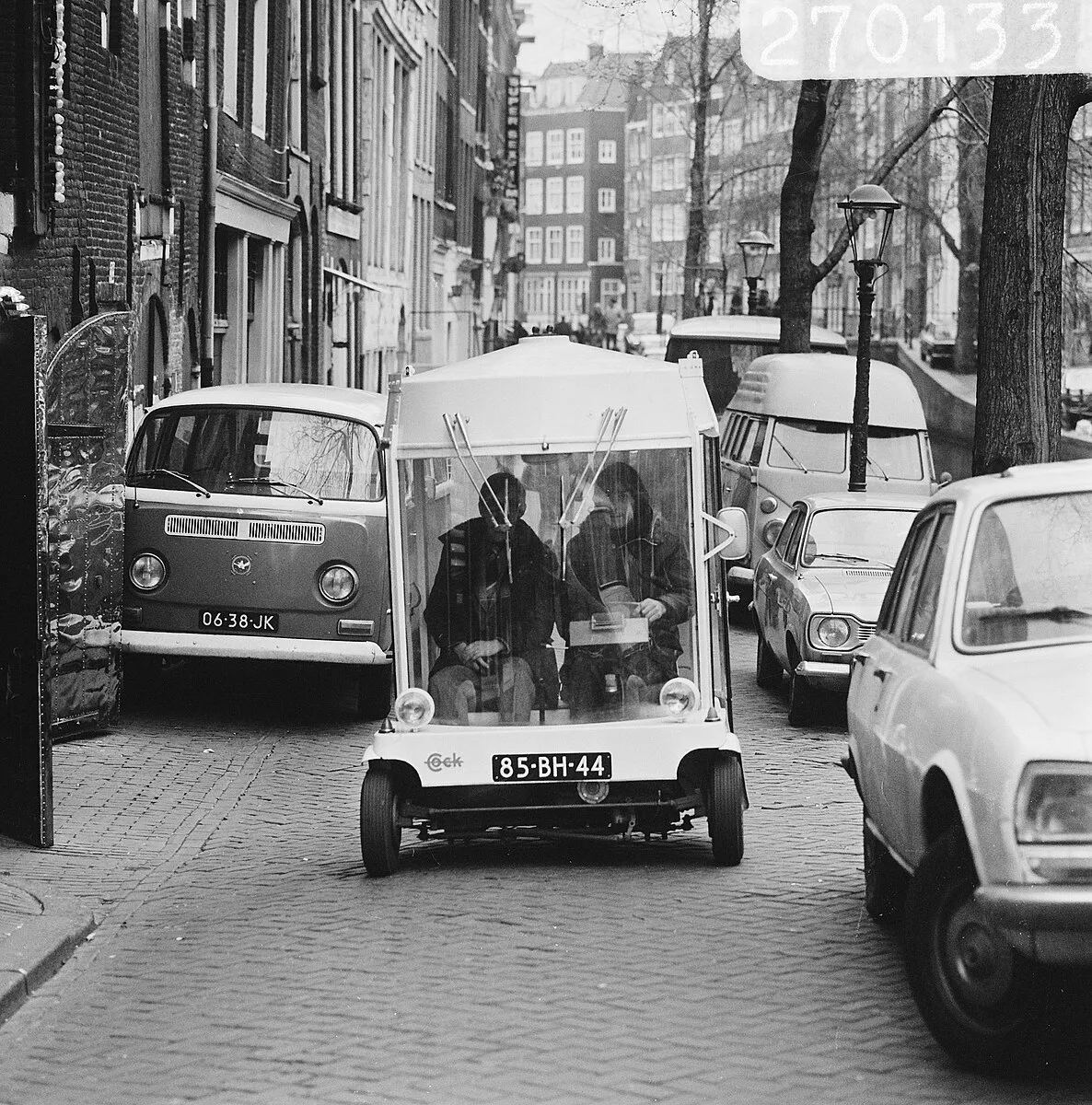
The UK government has launched a consultation on further proposals to prevent utility companies from letting roadworks overrun and create traffic jams.
There is already a £10,000 per day fine for companies whose street works overrun on weekdays. The proposals would extend this from weekdays into weekends and national holidays.
The announcement concerning “disruptive roadworks” came on the UK’s annual so-called National Pothole Day. The consultation is part of a series of measures from the government’s Plan for Drivers, a 30-point document to support people’s freedoms to use their cars and curb over-zealous enforcement measures meant to curtail vehicle use.
The government said that the two million street works carried out in England by gas, water and other utility companies during 2022-23 have cost the economy around £4 billion through severe road congestion and disrupted journeys.
“Too often traffic jams are caused by overrunning street works,” said Guy Opperman, the roads minister. “This government is backing drivers, with a robust approach to utility companies and others, who dig up our streets. We will seek to massively increase fines for companies that breach conditions and fine works that overrun into weekends and bank holidays, while making the rental for such works help generate up to an extra £100 million to improve local roads.”
The consultation comes after the government introduced a performance-based “street works regime” to ensure utility companies resurface roads to the best possible standard and new lane rental schemes where utility companies can be charged up to £2,500 per day for street works.
The measures can also help boost active travel by preventing street works from disrupting walking, wheeling and cycling, while also providing opportunities to improve pavements and pedestrian crossings and make repairs to pavements and cycle lanes.
The proposals could also double fines from £500 up to a maximum of £1,000 for companies which breach conditions of the job, such as working without a permit.
The government plans would also direct at least half the money from lane rental schemes towards improving roads and repairing potholes. Lane rental schemes allow local highway authorities to charge companies for the time that street and road works occupy the road.
As a result, the measures could generate up to £100 million extra over 10 years to resurface roads.








